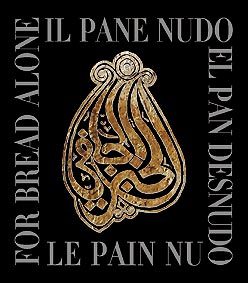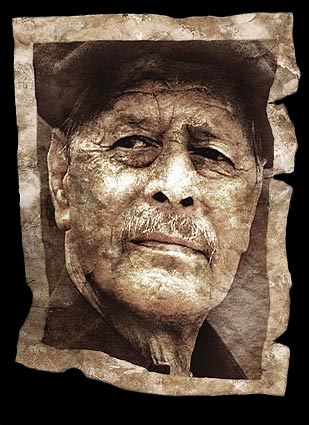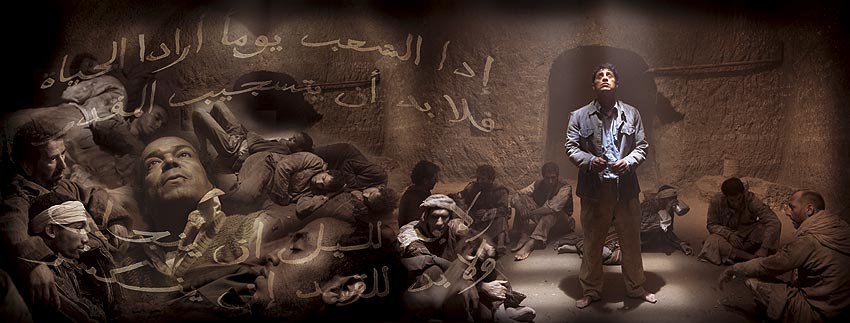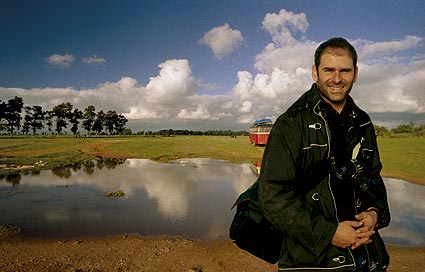

 The
writer Mohamed Choukri, author of "For Bread Alone" The
writer Mohamed Choukri, author of "For Bread Alone" |
On that hardly smooth river that is true life, ignorance often leads to failure and echoes like the misery of the soul. Of an unforgettable Mohamed Choukri, through the unwinding
of a narration-confession, "For bread alone", a novel
of pregnant tones, uncovers the vanity of all those social thoughts
or economical theories, that try to conceal this primordial truth:
no progress is possible where illiteracy persists, nor progress,
and not even civilization. Unfortunately, today many Muslims seem to have forgotten this
founding message and many have given a repelling idea of their
religion. Director Rachid Benhadj deserves our best praise for
having thought of adapting "For bread alone" for the
big screen, contributing, in some way, to help a luminous message
break through the shadows of darkness.
Azedine Beschaouch |
|
||
|
What are the artistic motivations that force us to tell this
story?
|
|
Rabat |
|
Salè |
Casablanca |
|
Said Taghmauoi |

 |
Back in time many years, I was travelling through Morocco
learning how to take still pictures on a movie. I was quite starting
my career as a photographer. After about fifteen years of the
most various jobs on photography, out of cinema, I met Rachid
Benhadj who asked me to be part of the troupe on "For Bread
Alone". He introduced me in the poetry of Mohamed Choukri
and practically in the poetry of north african literature that
I didn' know.
Claudio Martinez |
|
|
|